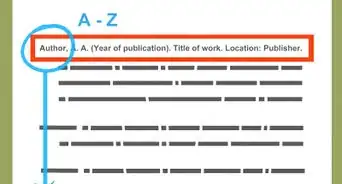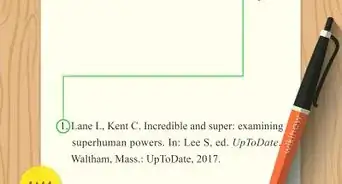This article was co-authored by wikiHow staff writer, Jennifer Mueller, JD. Jennifer Mueller is a wikiHow Content Creator. She specializes in reviewing, fact-checking, and evaluating wikiHow's content to ensure thoroughness and accuracy. Jennifer holds a JD from Indiana University Maurer School of Law in 2006.
There are 8 references cited in this article, which can be found at the bottom of the page.
This article has been viewed 11,062 times.
Learn more...
Having to list multiple authors every time you reference a work can get cumbersome, and makes your writing clunky. This is where "et al." comes into play. "Et al." is a Latin phrase that means "and others."[1] In academic and professional writing, this phrase often stands in for the names of multiple authors. How and when you use "et al.", however, depends on whether you're using the Modern Language Association (MLA), American Psychological Association (APA), or Chicago citation style.
Steps
MLA
-
1Start your Works Cited entry with the name of the first author. If you're citing a book that has three or more authors, only the first author's name is included in your Works Cited entry, followed by the phrase "et al." Type the author's last name first, followed by a comma. Then type the author's first name. Place a comma after the first name, then add the phrase "et al."[2]
- Example: Pine, Marshall, et al.
-
2Add the title of the book in italics. Add a single space after the period following "et al.," then type the title of the book. Use title case, capitalizing the first word plus all nouns, pronouns, adjectives, adverbs, and verbs. Type a period at the end of the title. If the book also has a subtitle, use a colon instead of a period after the title, then type the subtitle in title case with a period at the end.[3]
- Example: Pine, Marshall, et al. Missing the Forest for the Trees.
Advertisement -
3Close with the name of the publisher and the year of publication. Type the name of the publisher followed by a comma. Then add the year the book was published. Place a period after the year to end your Works Cited entry.[4]
- Example: Pine, Marshall, et al. Missing the Forest for the Trees. Evergreen Publishing, 2020.
MLA Works Cited Format
LastName, FirstName, et al. Title of Book in Title Case. Publisher, Year.
-
4Include "et al." in your in-text citation. When you paraphrase or quote the reference in your paper, add a parenthetical citation that directs your reader to the full Works Cited entry. Typically, this includes the last name of the first author followed by the phrase "et al." Then, type the page number where the quoted or paraphrased material can be found. Place your citation at the end of the sentence inside the closing punctuation.[5]
- For example, you might write: "The growth of cities has meant trees are more ornamental than natural (Pine et al. 72)."
- If you mention the author's name in your text, you don't need to repeat it in your parenthetical citation. However, you still need to include the page number. Include the phrase "et al." after the author's name in your text to ensure the other authors are acknowledged. For example, you might write: "According to Pine et al., Christmas tree farms actually damage the environment (74)."
Tip: If you have multiple references with different authors who have the same last name, add the authors' first initials to differentiate them. If you have multiple references by the same author, use the title rather than the author's last name in your in-text citation.
APA
-
1Start your Reference List entry with the names of all authors. If you have a book with 3 or more authors, include the last names and initials for all authors (up to 20) separated by commas. Use an ampersand before the last author's name.[6] Type the names in the order they are listed on the title page of the reference. Start with the last name, followed by a comma, then the first initial and middle initial, if given. Place periods after the initials, then add a comma after the period following the middle initial. Continue with the rest of the names.[7]
- Example: Brown, J. G., Green, T. W., Black, S. J., White, D. S., & Gray, E. C.
-
2Add the year of publication in parentheses. After the period following the initial of the last author's name, type a space. Then type the year the book was published in parentheses. Place a period after the closing parenthesis.[8]
- Example: Brown, J. G., Green, T. W., Black, S. J., White, D. S., & Gray, E. C. (2020).
-
3Provide the title of the book in italics. Type the title in sentence case, capitalizing only the first word and any proper nouns. If the book has a subtitle, place a colon at the end of the title. Then, type the subtitle in sentence case. Place a period at the end of the title or subtitle.[9]
- Example: Brown, J. G., Green, T. W., Black, S. J., White, D. S., & Gray, E. C. (2020). Full spectrum: Color analysis in the 21st century.
-
4List the publisher of the book. Following the title and subtitle of the book, type the name of the publishing company, followed by a period. With the 7th edition, released in October 2019, you no longer need to provide the location of the publisher. However, follow your instructor's guidance if they want you to include it.[10]
- Example: Brown, J. G., Green, T. W., Black, S. J., White, D. S., & Gray, E. C. (2020). Full spectrum: Color analysis in the 21st century. Rainbow Books.
APA Reference List Format
LastName, FirstInitial. MiddleInitial., LastName, FirstInitial. MiddleInitial., LastName, FirstInitial. MiddleInitial., LastName, FirstInitial. MiddleInitial., & LastName, FirstInitial. MiddleInitial. (Year). Book title in sentence case: Subtitle if any in sentence case. Publisher.
-
5Use "et al." when citing the source in-text. APA uses the author-date format for in-text citation. Since the purpose of an in-text citation is to enable your reader to find the full citation in your Reference List, only the first author's last name is used, followed by "et al." Use this format both for parenthetical citations and for referencing the work in text.[11]
- For example, you might write: "Although colors are thought of as static, the social perception of colors does change with time and new colors have been invented in the 21st century (Brown et al., 2020)."
- If you mention the author's name in your text, place the year of publication in parentheses immediately after the name. For example, you might write: "According to Brown et al. (2020), some languages don't even have words for abstract colors."
Tip: If you're directly quoting from the source, include the page number or numbers where the quoted material appears after the date.
-
6Include more authors' names if needed for clarification. Generally, you only use the first author's last name with et al. However, if you happen to have two or more references for which this shortened form would be exactly the same, you need to add more names to distinguish the references from each other.[12]
- For example, if you had another book in your references written by Brown, Fall, and Light, you could have "(Brown, Green, et al., 2020)" and "(Brown, Fall, et al., 2020)."
- If the books were published in different years, the year of publication is enough to distinguish them. You would stay with the single author's name plus "et al." in that case.
Chicago
-
1List up to 10 authors in your Bibliography entry. Type the last name of the first author followed by a comma, then that author's first name. Place a comma after the first author's first name. For the rest of the authors, type their first name first, followed by their last name. Separate the names with commas, using the word "and" before the final author's name. Place a period at the end of the final author's name.[13]
- Example: Mars, William, Miranda Hershey, Gustav Lindt, and Natalia Nestlé.
Tip: If the source has more than 10 authors, list the names of the first 7 authors in your Bibliography entry followed by the phrase "et al."
-
2Provide the book title in italics. Type a single space after the period following the last author's name, then type the title of the book. Use title case, capitalizing the first word and all nouns, pronouns, adjectives, adverbs, and verbs. Place a period after the title. If the book has a subtitle, use a colon after the title instead of a period, then type the subtitle in title case with a period at the end.[14]
- Example: Mars, William, Miranda Hershey, Gustav Lindt, and Natalia Nestlé. Sugar High: Candy in Politics.
-
3Close with the publisher and year. Type the name of the city where the publisher is located followed by a colon. Then type the name of the publisher. Place a comma after the name of the publisher, then type the year the book was published. Place a period after the year.[15]
- Example: Mars, William, Miranda Hershey, Gustav Lindt, and Natalia Nestlé. Sugar High: Candy in Politics. Boston: Harvard University Press, 2020.
Chicago Bibliography Format
LastName, FirstName, FirstName LastName, FirstName LastName, and FirstName LastName. Title of Book in Title Case. Place: Publisher, Year.
-
4Use the name of the first author with "et al." in footnotes. If the book has 4 or more authors, "et al." takes the place of all but the first author's names in your footnotes. Type the first author's first name, then their last name, followed by the phrase "et al." with no intervening punctuation. Place a comma after the phrase, then add the title of the book in italics. Place a comma after the title, then include the publication information in parentheses. Place a comma after the closing parenthesis, then add the page where the sourced material can be found, followed by a period.[16]
- Example: William Mars et al., Sugar High: Candy in Politics, (Boston: Harvard University Press, 2020), 122.
- If you cite the same book more than once, you might be able to use a shortened footnote form for subsequent citations. Check with your instructor or supervisor to make sure they're okay with shortened footnotes. For the shortened format, simply omit the parenthetical with the publication information.
Chicago Footnote Format
FirstName LastName et al., Title of Book in Title Case, (Place: Publisher, Year), page #.
Warnings
- This article's citations are based on the format for a book. If you're citing an article or other type of work, your full citation format will be different. However, parenthetical in-text citations and the use of et al. would remain the same.⧼thumbs_response⧽
References
- ↑ https://owl.purdue.edu/owl/research_and_citation/mla_style/mla_formatting_and_style_guide/mla_works_cited_page_books.html
- ↑ https://owl.purdue.edu/owl/research_and_citation/mla_style/mla_formatting_and_style_guide/mla_works_cited_page_books.html
- ↑ https://libanswers.snhu.edu/faq/102973
- ↑ https://libanswers.snhu.edu/faq/102973
- ↑ https://owl.purdue.edu/owl/research_and_citation/mla_style/mla_formatting_and_style_guide/mla_in_text_citations_the_basics.html
- ↑ https://nwtc.libguides.com/c.php?g=29261&p=7026224
- ↑ https://guides.himmelfarb.gwu.edu/c.php?g=27779&p=170362
- ↑ https://guides.himmelfarb.gwu.edu/c.php?g=27779&p=170362
- ↑ https://guides.himmelfarb.gwu.edu/c.php?g=27779&p=170362
- ↑ https://nwtc.libguides.com/c.php?g=29261&p=7026224
- ↑ https://owl.purdue.edu/owl/research_and_citation/apa_style/apa_formatting_and_style_guide/in_text_citations_author_authors.html
- ↑ https://owl.purdue.edu/owl/research_and_citation/apa_style/apa_formatting_and_style_guide/in_text_citations_author_authors.html
- ↑ https://library.ulethbridge.ca/chicagostyle/books/multiple
- ↑ https://libguides.tru.ca/chicago/books-4plusauthors
- ↑ https://libguides.tru.ca/chicago/books-4plusauthors
- ↑ https://libguides.tru.ca/chicago/books-4plusauthors
- ↑ https://owl.purdue.edu/owl/research_and_citation/mla_style/mla_formatting_and_style_guide/mla_works_cited_page_books.html
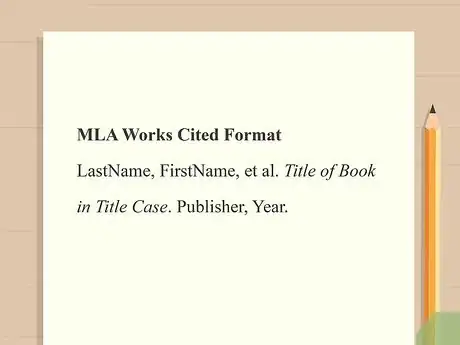
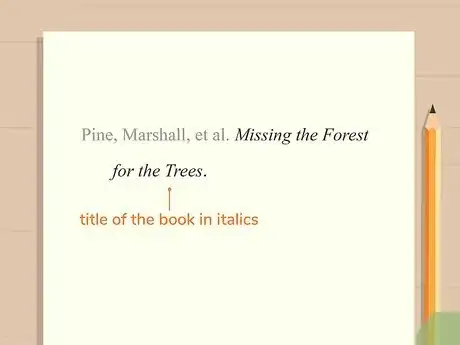
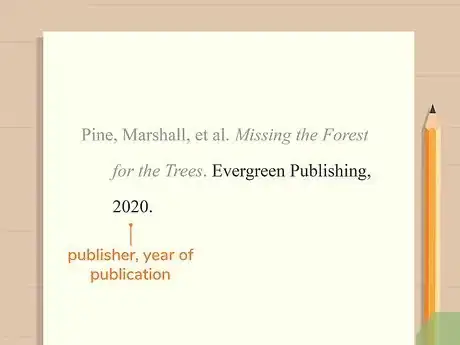
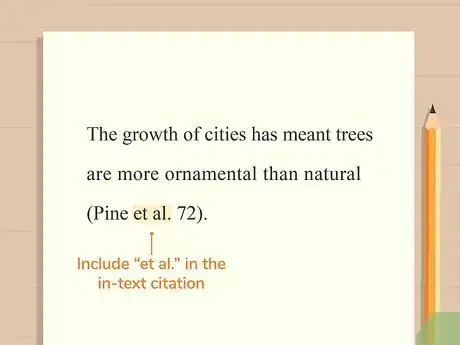
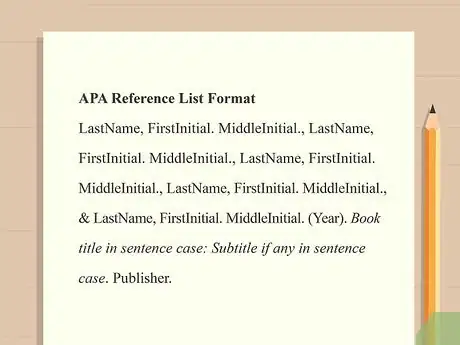
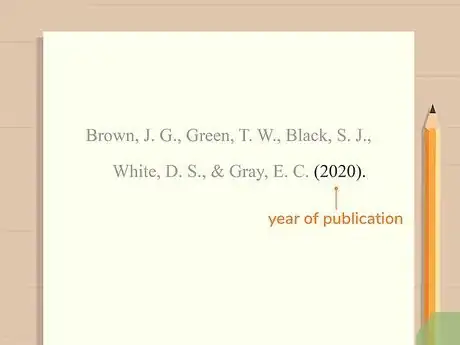
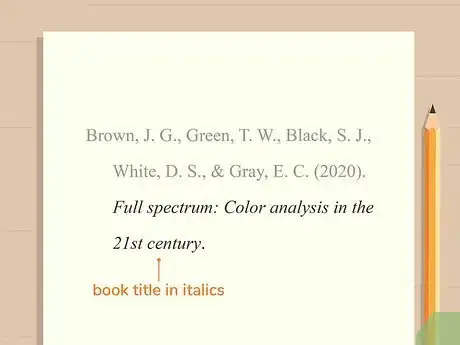
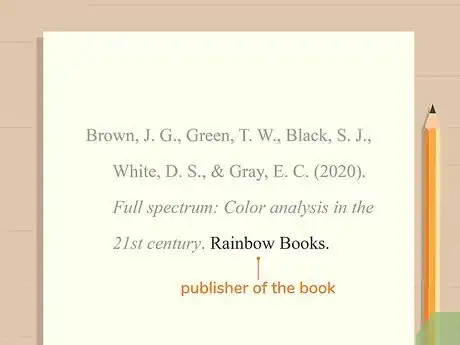
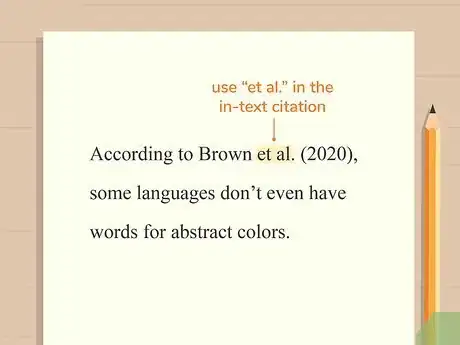
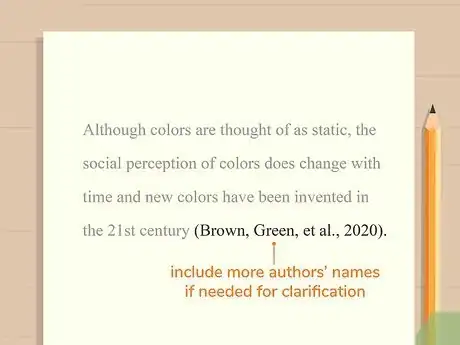
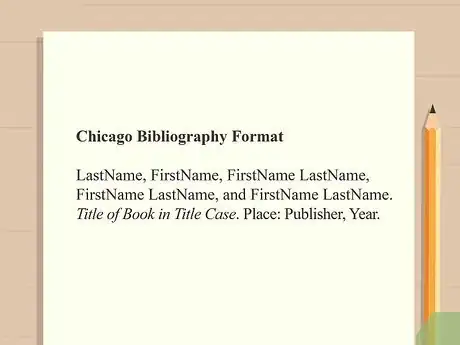
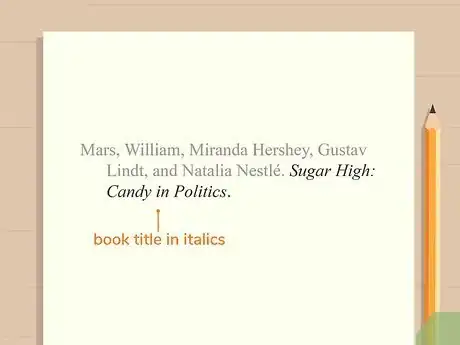
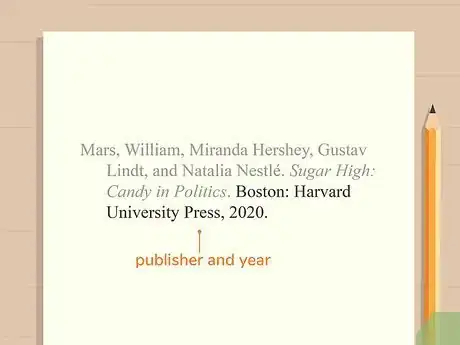

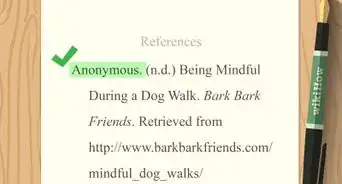



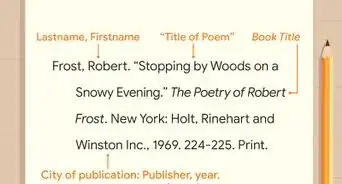

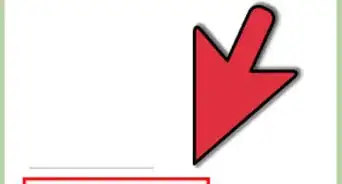
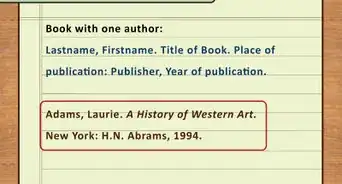

-Step-18.webp)

